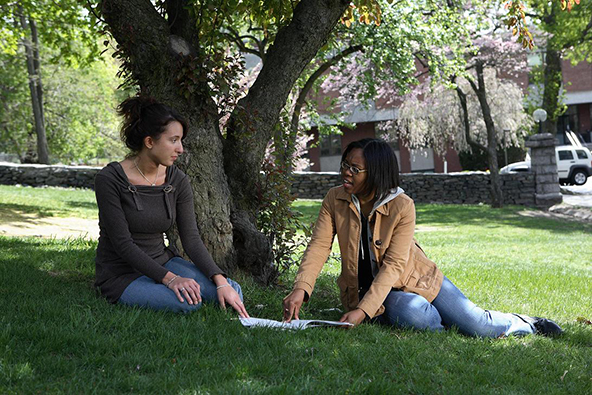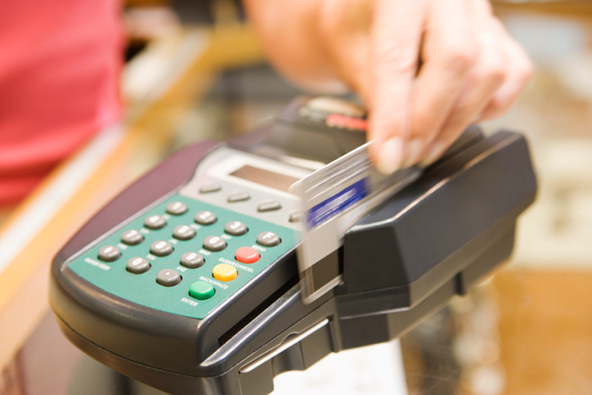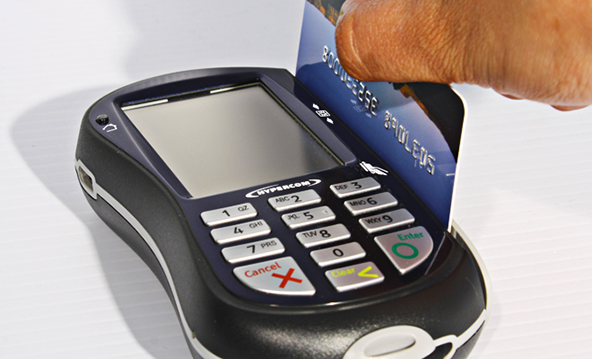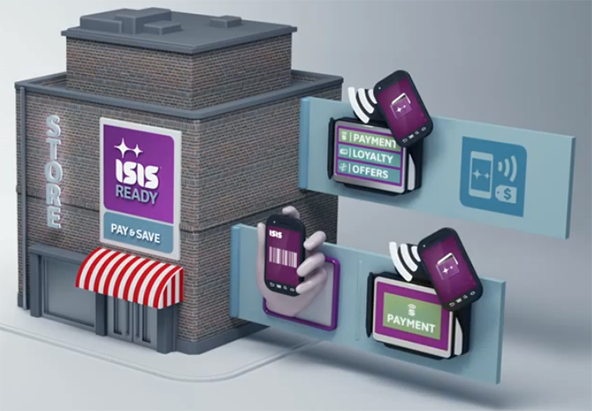College Students Are not Dummies and They Do Need Credit Cards

I am getting frustrated with the unending stream of commentaries criticizing the CARD Act for not putting an end to the credit card issuers’ “predatory practices” toward college students on and off campus. The latest such effort comes to us courtesy of Kayley Gillespie, a University of Oklahoma senior, in the form of a piece she has written for The Oklahoma Daily. I don’t disagree with everything she has to say in it. For example, Gillespie’s admonition to her fellow students to research their options, before applying for a credit card, is a very sensible one. However, portraying college students as preys to credit card companies is wrong, and especially so in the post-CARD-Act world.
According to all studies that I’ve read, the CARD Act has been a success. Furthermore, credit card delinquency and charge-off rates are now at record-low levels and the monthly payment rate is at a record-high. All this strongly suggests that borrowers are very cautious with their credit card usage and that issuers are equally prudent with their underwriting practices. If there was any predatory behavior going on, we would have been seeing rising, not falling, delinquencies. Furthermore, college students do need access to credit cards, because, at the very least, at some point they do have to start learning how to manage credit. And let me go on the record here: the CARD Act of 2009 ensures that, when a college kid does decide to open up a credit card, she is as protected from maltreatment, as makes sense. Yet, a borrower, whatever her age, does need to understand that borrowed money is not free and needs to be repaid on time and that not doing so has its consequences.
Free Stuff and Predatory Creditors
Gillespie’s critique is fairly representative of the general line, as is the choice of epithets to describe the issuers’ marketing and underwriting practices. Here is a sample:
Though the Credit Card Accountability, Responsibility and Disclosure Act of 2009 banned outright marketing on campuses, similar predatory practices exist. Providers are still able to obtain students’ addresses, for example.
The CARD Act also stipulates issuers cannot offer tangible gifts like free T-shirts. They can, however, offer gifts like cash back bonuses on qualifying purchases. Last July, a Citi student card offered a $75 statement credit on “back to school” purchases.
This is where I usually get lost. Why exactly is a cash-back bonus not good for the borrower? I, for one, love getting several hundred dollars’ worth of cash-backs each year. It is indeed free money, because I would not have got it if I had been using cash instead. Moreover, if you pay off your balance in full at the end of the month, as I do, you would be paying no interest on the money you have borrowed. That sounds like a pretty good deal to me. So I think that we should be spending more time educating college students on good credit management practices, rather than telling them how bad card issuers are for wanting to give them cash-back.
On Credit Cards Use
Equally wrongheaded is the author’s take on “the grim statistics attached to student credit card use since the introduction of the CARD Act”:
A 2009 Sallie Mae study found that nearly one third of students charged tuition to their credit card, and 92 percent of cardholders charged education expenses like textbooks and school supplies. Only 15 percent of freshman had a zero credit card balance.
Let’s leave aside the fact the Sallie May study in question was conducted before the CARD Act was enacted. Why is it bad that credit cards are used to pay for college expenses? After all, as long as you pay off your balance in full at the end of the month, using a credit card is as good as using cash. Not to mention that any cash-back you might get would actually reduce your cost. See, as long as you use your credit card within your means, you have nothing to worry about. You can get yourself in trouble only if you start to overspend.
The Takeaway
If you are a college student, you don’t need to be afraid of credit cards. On the contrary, you should look at them as a useful tool, which helps you pay for things, without having to carry cash. It is a tool that can actually make you money in the form of cash-back or other rewards just for using it. Moreover, as the way you use of your credit card is reflected in your credit report, it can save you a lot of money in the long run. See, if you consistently make your monthly payments on time and keep the outstanding balance low, your credit score will gradually improve and eventually you will be able to borrow at the best of terms for expensive items like a home or a car. And this is how you should be thinking of a credit card, as an opportunity, not as a fraud scheme.
Also, remember that there is no such thing as free money and that everything you borrow should be paid on time, every time. As long as you do that, you’ll be just fine.
Image credit: SBA List.


